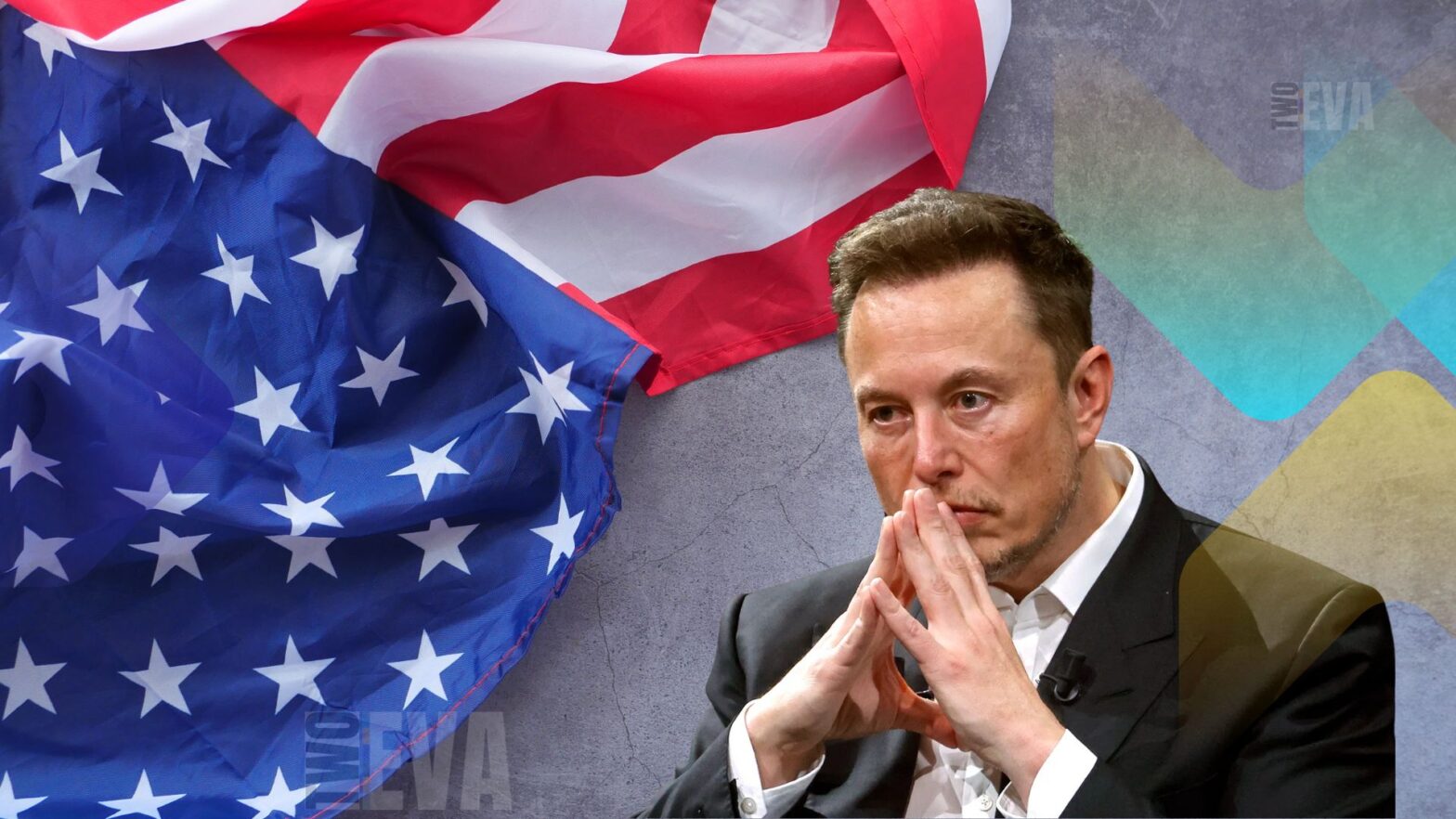Elon Musk, the CEO of Tesla, has confirmed that he will continue his leadership of the Department of Government Efficiency (DOGE) despite mounting criticism from Tesla executives and public backlash. In a recent Tesla earnings call, Musk stated that while his major restructuring tasks at DOGE are largely complete, he intends to remain involved in an oversight capacity at the request of President Trump. His decision comes as Tesla battles declining sales, stock volatility, and growing frustration from shareholders who see his government role as a distraction.
Why Has Musk’s DOGE Leadership Faced Backlash?
Tesla shareholders and executives have raised concerns that Musk’s high-profile position in federal government reform has diverted his attention away from Tesla’s core business. The automaker’s stock has fallen 44% this year, and disappointing first-quarter sales have only amplified investor unease. Some view Musk’s alliance with President Trump’s agenda as a potential liability, fearing it could alienate key customer demographics.
Public criticism has centered on the controversial nature of DOGE’s reforms, which included deep cuts to federal agencies such as the US Agency for International Development (USAID) and attempts to dismantle the Consumer Financial Protection Bureau (CFPB). Critics argue these measures risk disrupting essential public services, while supporters praise Musk’s aggressive stance against bureaucratic inefficiency.
What Changes Did Musk Push at DOGE?
Under Musk’s leadership, DOGE implemented sweeping workforce reductions and pursued access to sensitive financial systems, including those at the Treasury Department and IRS. His proposals also included mass buyouts and firings to accelerate downsizing.
| Key DOGE Actions Under Musk | Impact |
|---|---|
| Recommended dismantling USAID | Sparked bipartisan debate over foreign aid |
| Downsized CFPB | Drew criticism from consumer advocates |
| Pushed IRS and Treasury reforms | Raised concerns over data security and transparency |
While some policymakers applauded the reforms for cutting waste, others warned that the rapid restructuring could destabilize government functions. These clashes contributed to the growing scrutiny of Musk’s dual roles.
How Will Musk Balance Tesla and DOGE Moving Forward?
Musk clarified that he will significantly reduce his day-to-day involvement at DOGE beginning in May, dedicating just one or two days per week to governmental oversight. He characterized his role as primarily ensuring that enacted reforms remain intact rather than introducing new policies.
This shift comes amid rising pressure from Tesla’s board and shareholders, who are seeking stronger leadership as the company navigates financial struggles. Tesla’s stock rose nearly 5% in after-hours trading following Musk’s announcement, signaling investor relief at his partial withdrawal from politics.
What Do Experts Say?
Corporate governance specialists warn that executive focus divided between business and government can strain operations, particularly during downturns. Wall Street analysts speculate that Musk’s political entanglements could invite regulatory scrutiny or consumer backlash against Tesla.
However, policy analysts argue that Musk’s unconventional approach has introduced needed innovation in government efficiency. Whether his dual commitments can coexist without further turbulence remains an open question. As Tesla’s performance continues to fluctuate and DOGE’s reforms face ongoing scrutiny, all eyes remain on Musk’s next moves.















